Power to the people: how electrical engineering can empower the Navajo Nation
The Navajo Nation lies across more than 25,000 square miles of desert and scrubland in the southwest US. The Navajo People, or Diné as they refer to themselves, have long fought for self-determination. Through the Navajo Technical University, the Navajo have the power to educate their young people in accordance with their traditions, cultures and beliefs. However, a lack of Navajo engineering faculty means a lack of role models for engineering students. Dr Peter Romine has developed an engineering graduate program to train Navajo engineers who will inspire the next generation.
Talk like a Navajo electrical engineer
Colonization — the settling among, and establishing control over, Indigenous Peoples and their lands
Decolonizing — freeing a system from the effects of colonization
Diné — the name the Navajo call themselves, often translated as ‘the people’
Faculty — teachers and educators
Graduate program — a course list (e.g., master’s or PhD) that students can take after completing an undergraduate degree
Self-determination — the ability of a person or nation to control their own life and affairs
Tribal college — a higher educational institution that serves a tribal nation
Today, the Navajo Nation is the largest Native American Nation in the US, and Navajo Technical University (NTU) is the largest tribal college. Originally founded as a skills center to train a workforce for the local coal mines and power plants, NTU now offers degrees ranging from construction technology to creative writing and from accountancy to animal science. In 2018, NTU became the first tribal college to earn accreditation from the Accreditation Board for Engineering and Technology for its degrees in electrical engineering and industrial engineering. In these courses, students learn the practical skills to design and improve engineering systems.
How does NTU serve the Navajo?
As an educational institution, NTU has a significant role to play in empowering the Navajo. “Education was used as a colonization tool against the Navajo,” explains Dr Peter Romine, Head of Electrical Engineering. As a tribal college, NTU is run by and for the Navajo. “NTU is decolonizing education,” explains Conrad Begay, an engineering student on NTU’s new graduate program. “Teaching is focused on taking care of the community through Diné philosophies and values, and it incorporates Diné culture and language.”
Conrad expresses the significance of NTU by emphasising that it allows students to stay connected to their home and community, offering affordable education that keeps families together. Leranda Johnson, an NTU business graduate, notes that many young people can now gain higher education qualifications without leaving the Navajo Nation, thus fostering both personal growth and community development. By gaining qualifications at NTU, young people are being equipped with the skills and experience to find or create job opportunities without leaving the Navajo Nation.
How can electrical engineering empower the Navajo?
“Engineering is a tool for economic development,” says Peter. “Training Navajo engineers and creating engineering jobs within the Navajo Nation will give young people the opportunities to stay and improve their local economy.” This economic development will also help to increase the self-determination of the Navajo Nation.
“It is important that issues in the Navajo Nation are solved by Navajo engineers, not by other people who come from outside the Nation,” explains Candice Spencer, who recently graduated from NTU. “It is important that we develop leadership to solve issues we face and take ownership to raise the next generation of engineers.” As more Navajo are trained up to be engineers, they will be a voice for the community to highlight how engineering can put power back into the hands of the Navajo Nation. “Navajo engineers are role models for the next generation,” continues Candice. “They show us that we can also aspire to be engineers, serving our community while staying on the reservation.”
What challenges still need to be addressed?
Despite its ability to provide top-quality higher education to the Navajo Nation, NTU is lacking one vital aspect: Navajo role models. “Currently, only one of the engineering faculty is Navajo,” laments Peter. To address this, NTU developed the Electrical Engineering Graduate Program (MSEE) and is developing a PhD in Engineering, enabling Navajo students to stay within their communities while becoming qualified faculty. This will not only facilitate the emergence of role models but also inspire future generations of Navajo students to pursue engineering, thereby empowering the Navajo Nation and reinforcing their self-determination. In January 2024, NTU became the first tribal college to offer a Master of Science in Electrical Engineering. This program is completely online and thereby accessible to everyone.
By providing a pathway for engineering students to progress to becoming engineering faculty, NTU will raise up a new generation of Navajo engineers. As Kashayla Smith, another recent graduate, says, “It is important for students to have role models we can identify with, so that we see engineering as a viable career path.”
 Dr Peter Romine
Dr Peter Romine
Head of Electrical Engineering, School of Engineering, Math and Technology, Navajo Technical University, USA
Field of research: Electrical engineering
Research project: Developing engineering programs at tribal colleges
Funders: US National Science Foundation (NSF), Department of Energy (DOE), Department of Transportation (DOT), National Aeronautics and Space Administration (NASA)
About electrical engineering at tribal colleges
Electrical engineering is the study, design and use of equipment and systems that use electricity. Electrical engineers are a vital part of the modern world as they design, build, improve and repair the electrical equipment that so many of us rely on. As we move deeper into the 21st century, our lives are becoming increasingly intertwined with technology, and we are ever more reliant on electricity in our day-to-day lives.
How are electrical engineers helping to fight the climate crisis?
Reducing our global dependence on fossil fuels involves generating electricity from clean, renewable energy sources. Electrical engineers are responsible for designing and developing the electrical technologies that can create this electricity from clean sources, such as solar, wind and geothermal, and efficiently transmit it so it can be used in homes and industries.
How can clean energy benefit the Navajo Nation?
In the past, coal mines and coal fired power plants provided jobs and electricity in the Navajo Nation. The local economy suffered when these mines and power plants closed, as many people lost their jobs and the Navajo Nation lost revenue from the coal mines and the power plants.
Peter hopes that the Navajo Nation will now build a new economy based on clean energy resources. NTU’s electrical engineering program has a focus on renewable energy as it aims to develop a workforce that is educated and trained to provide clean energy to the Nation. “Electrical engineering can help our Navajo People build solar farms to regain power on the reservation,” says engineering student, Jordan Largo. “This will provide solar economic opportunity for our Nation.”
Reference
https://doi.org/10.33424/FUTURUM480
Edwina Leslie (center) participates in electrical engineering activities with the American Society for Precision Engineering
The transition from coal to clean energy will not only benefit the local economy by providing new jobs, but also the local environment. Old coal and uranium mines still contaminate Navajo lands and waters. Moving to clean energy sources will allow the Navajo to meet their energy demands without harming the landscape and wildlife around them.
Pathway from school to electrical engineering
Mathematics, physics and computer science are important subjects to study at school, as you will learn the fundamental knowledge and skills behind electrical engineering.
At university, study electrical engineering or related disciplines such as electronics engineering or computer engineering.
Look for internships and work experience opportunities with electrical engineering companies or university departments. These are a great way to gain practical experience and make connections with like-minded people.
Contact people working in the field. Ask them what their job involves and what advice they have for getting started on a career in electrical engineering.
Explore careers in electrical engineering
Electrical engineers work on a range of topics, including power and energy, telecommunications and computing. As we are so reliant on technology, the demand for electrical engineers will continue to grow in the coming years.
The American Indian Science and Engineering Society (www.aises.org) provides information and support for Native students interested in science and engineering, including a college and career guide: www.aises.org/students/star
The Institute of Electrical and Electronic Engineers (www.ieee.org) and the Institute of Engineering and Technology (www.theiet.org) have a wealth of resources for students and teachers from all backgrounds.
Meet students at Navajo Technical University
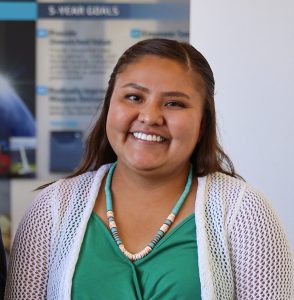 Edwina Leslie
Edwina Leslie
Thanks to new technologies, our world is changing constantly. Electrical engineering has taught me about a variety of electronics, their applications and how to think critically. Next, I will pursue a master’s degree in electrical engineering so I can introduce the younger generation to the new era of electronics. I hope to continue the traditional way of learning in the new world of technology.
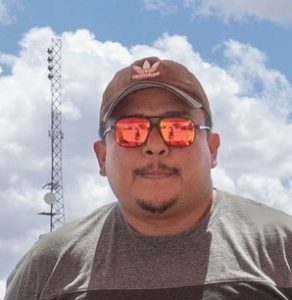 Conrad Begay
Conrad Begay
I love studying electrical engineering! I really enjoy creating electrical circuits and embedding programming in them. I am a student in the MSEE program and, upon completion of my degree, I plan to pursue a faculty position.
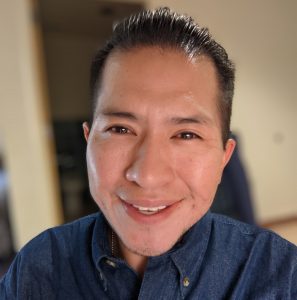 Jordan Largo
Jordan Largo
I am studying electrical engineering and construction technology because I hope to find solutions to clean up the abandoned uranium mines that pollute the Navajo Nation and to improve accessibility to clean water and electricity on the reservation. Fighting these battles requires bright minds to help our leaders speak out about the research behind the struggles we face.
I participated in a project to help our people who are suffering from the health issues of working in coal and uranium mines. At the time, Diné people did not know about the hazardous materials they were working with. Navajo engineers are now studying the safety precautions needed for handling such materials.
On the Navajo Nation, there are nearly 15,000 homes that do not have electricity and/or running water. With better access to clean water and electricity, we can build a stronger reservation for our people. NTU supports tribal sovereignty because, as Navajo engineers, we can light up the reservation to see a brighter future.
Do you have a question for Peter or his students?
Write it in the comments box below and Peter or his students will get back to you. (Remember, researchers are very busy people, so you may have to wait a few days.)
It is important for all students to have role models they can identify with. Discover how Dr Wendy K’ah Skaahluwaa Todd is incorporating traditional knowledge in her teaching to encourage Haida students to study geoscience:

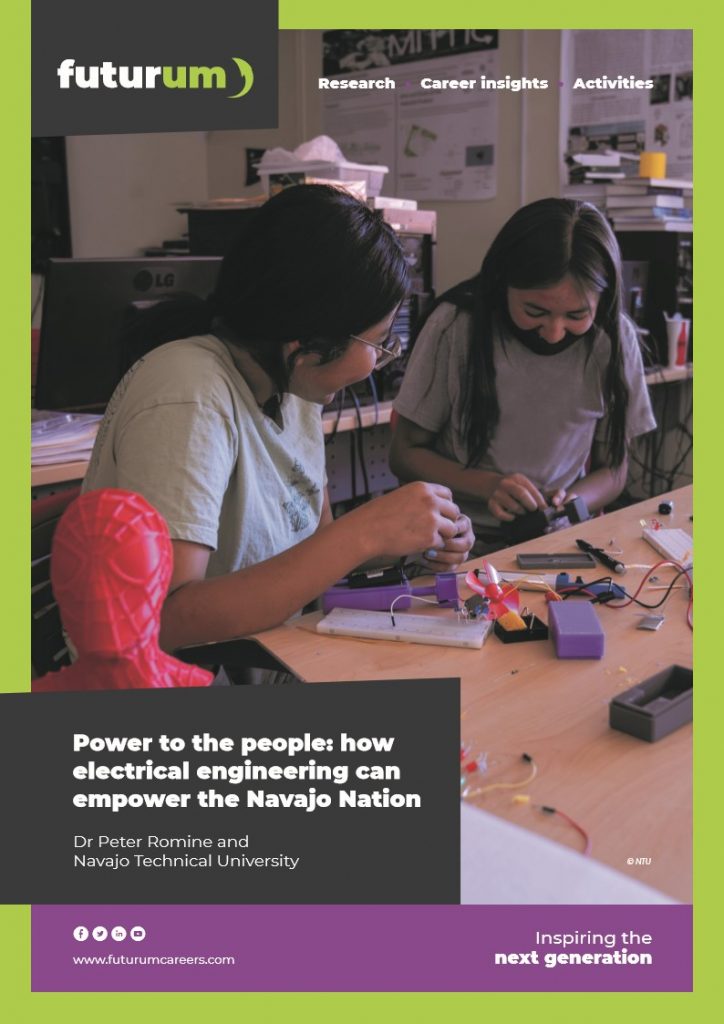
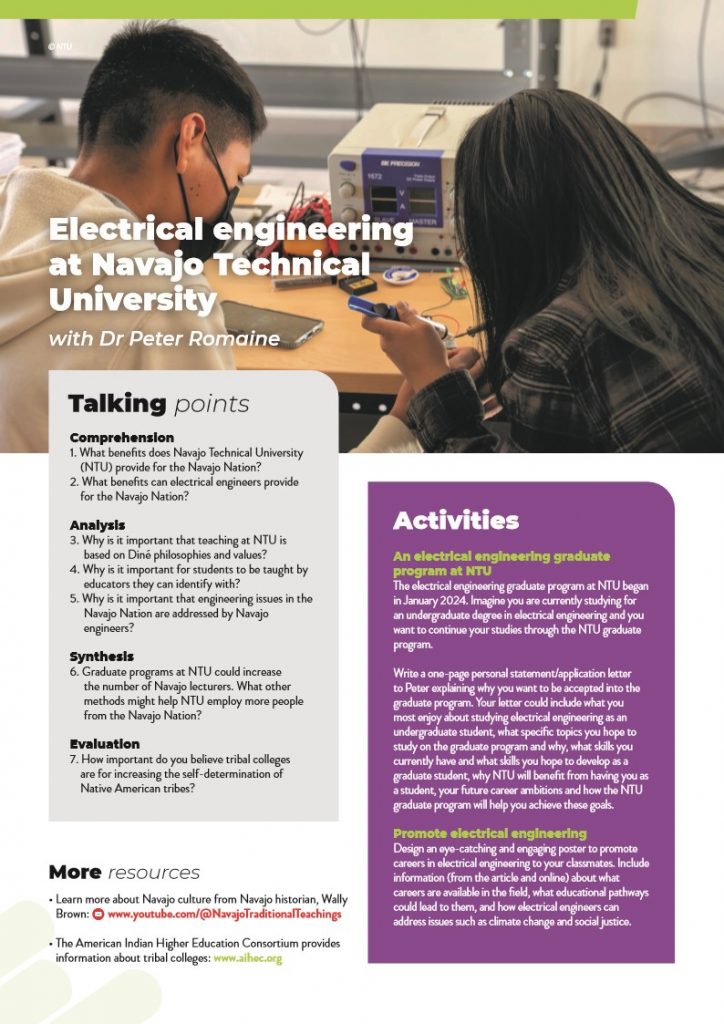
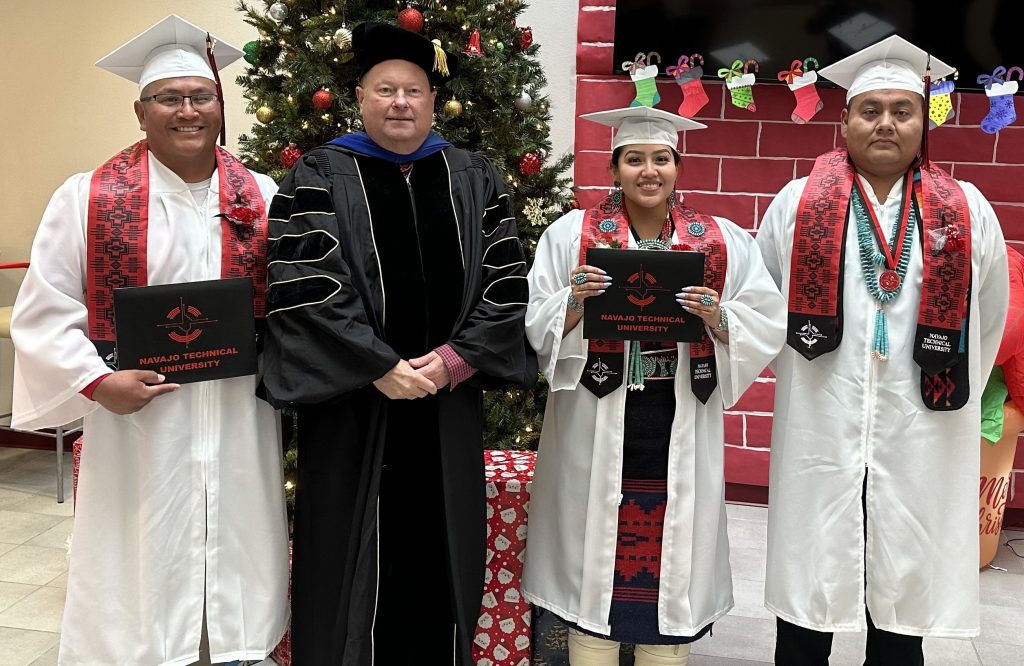
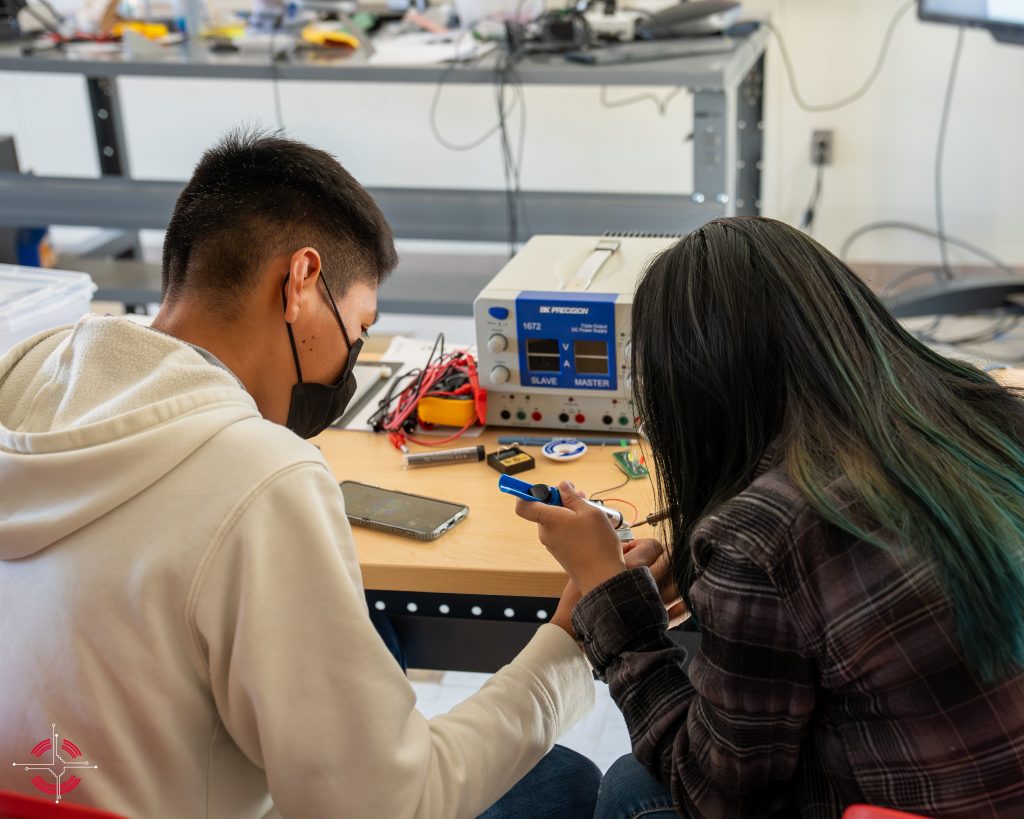
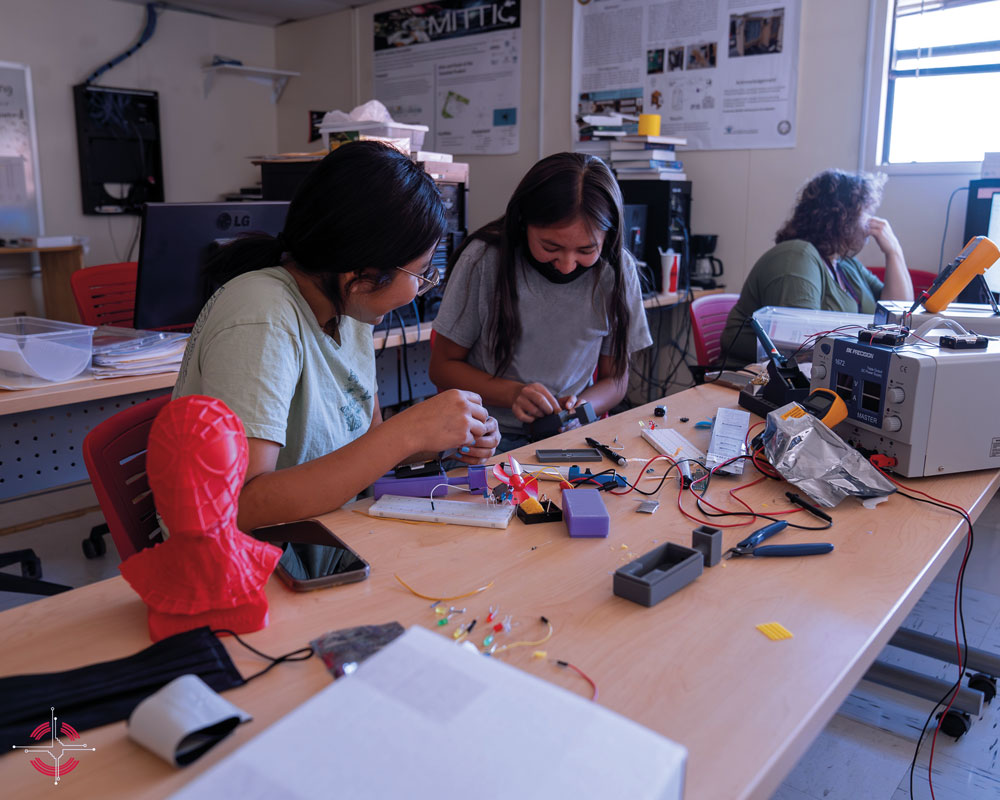
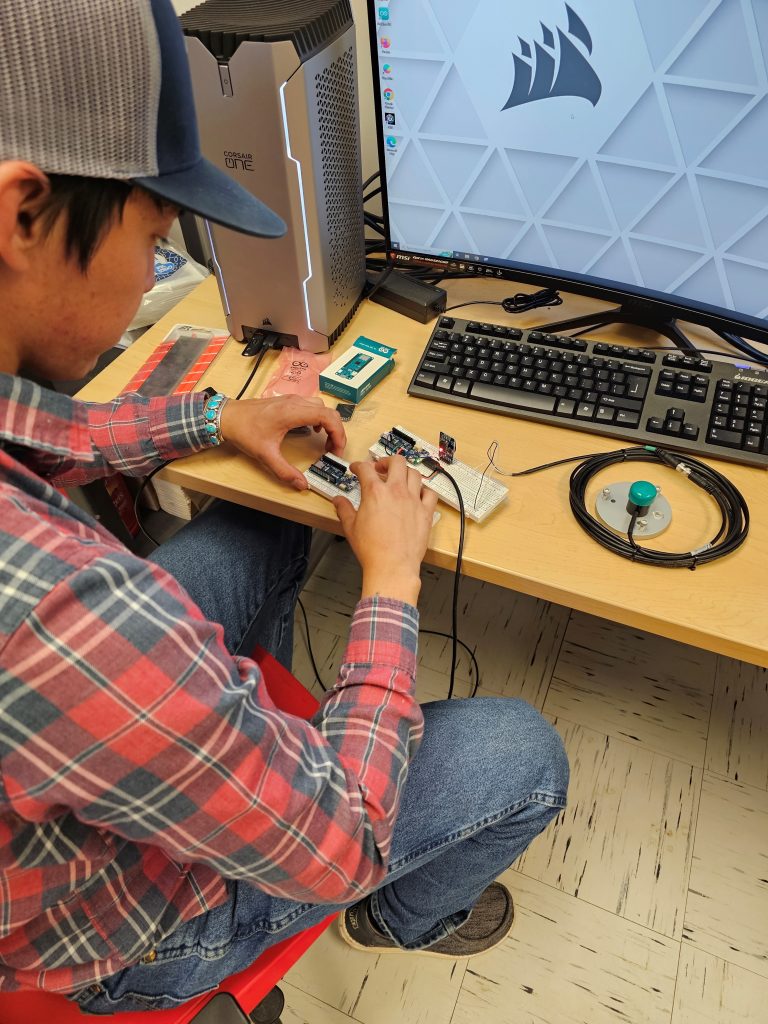
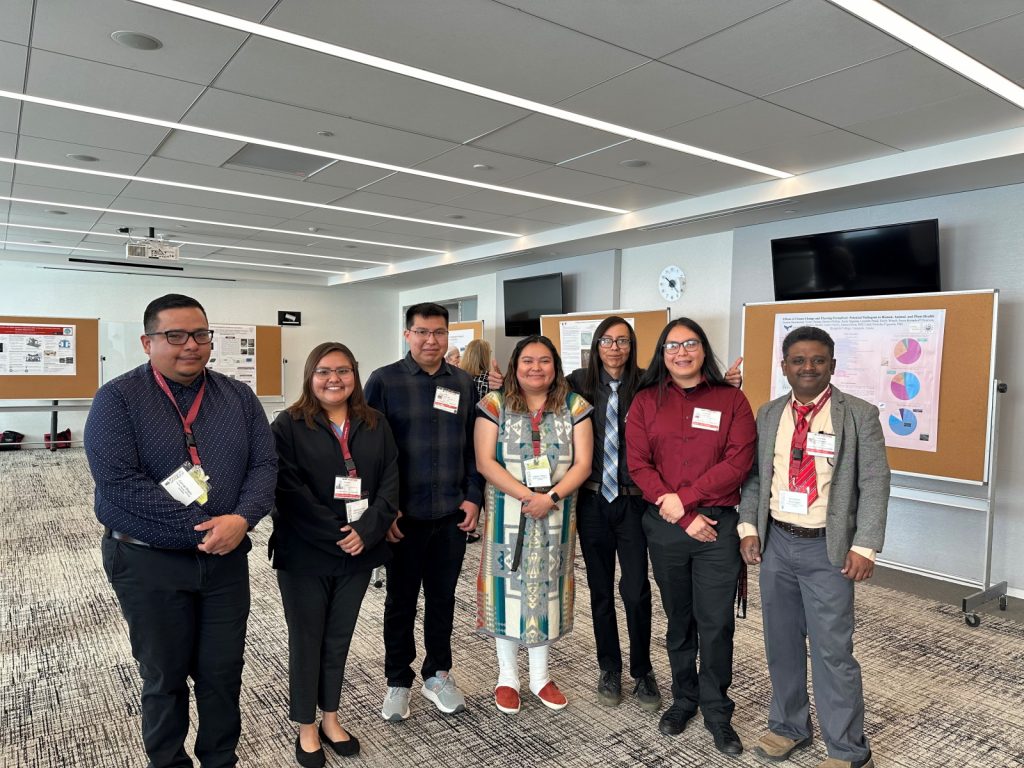
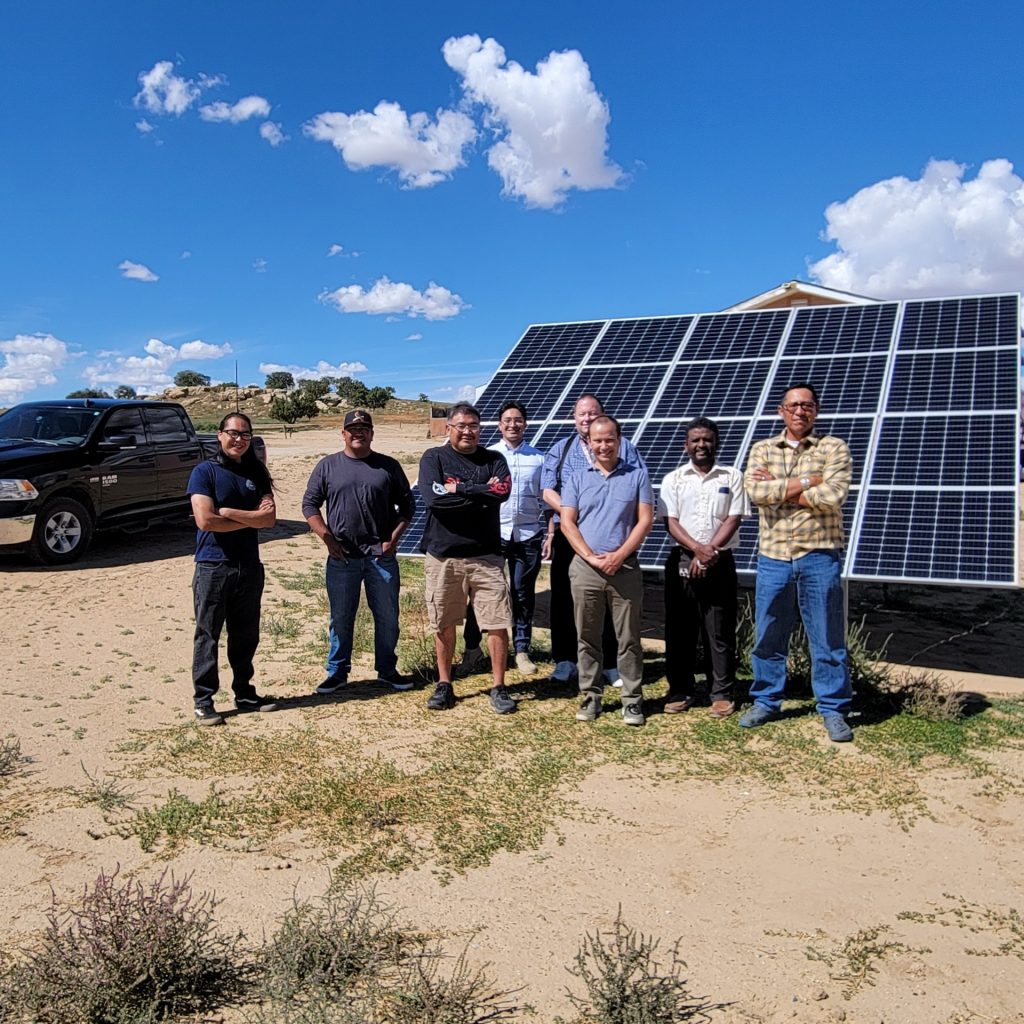
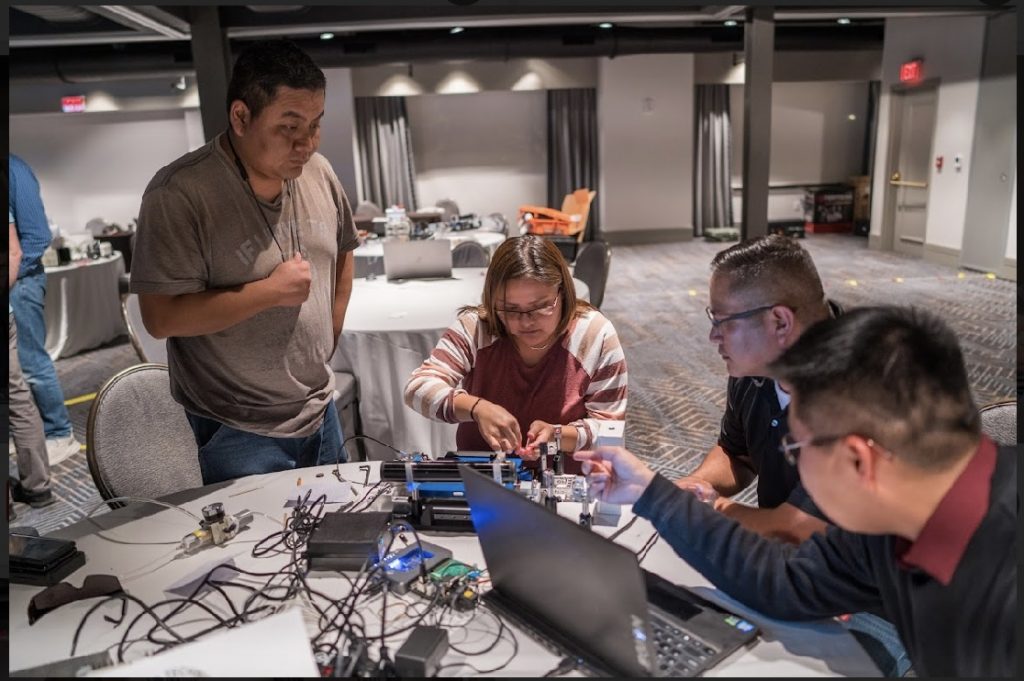
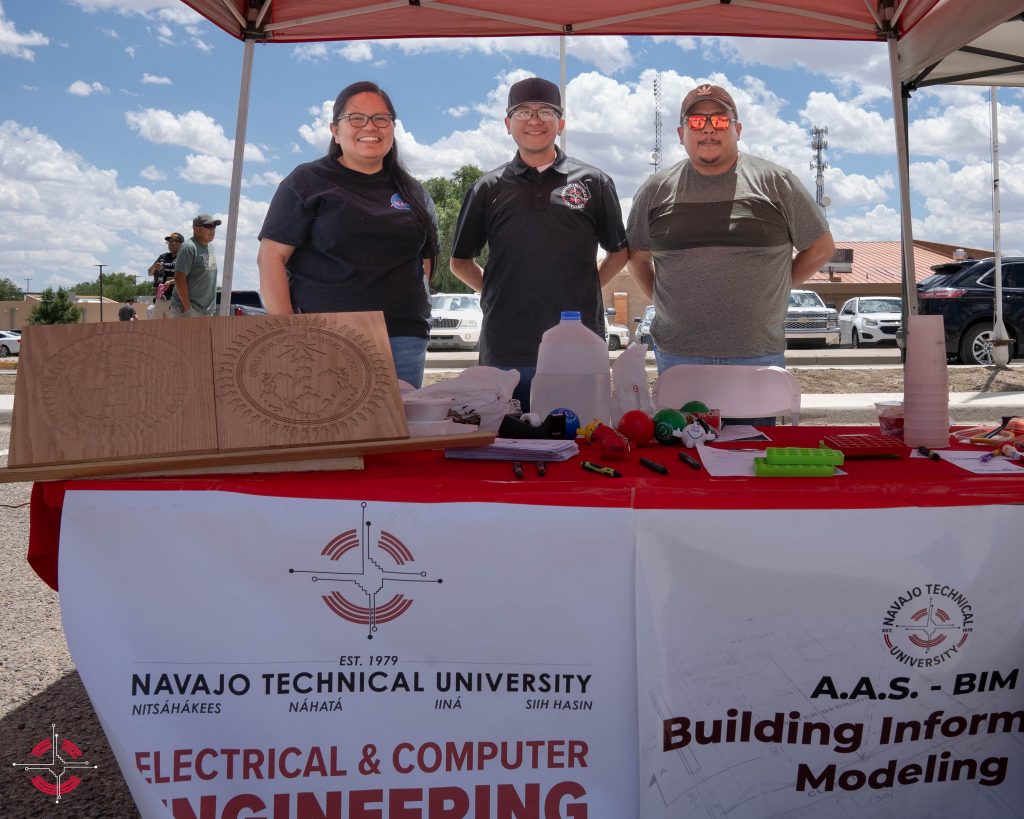
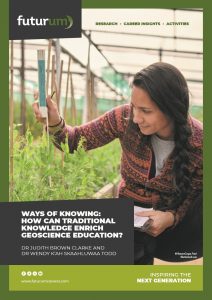
0 Comments